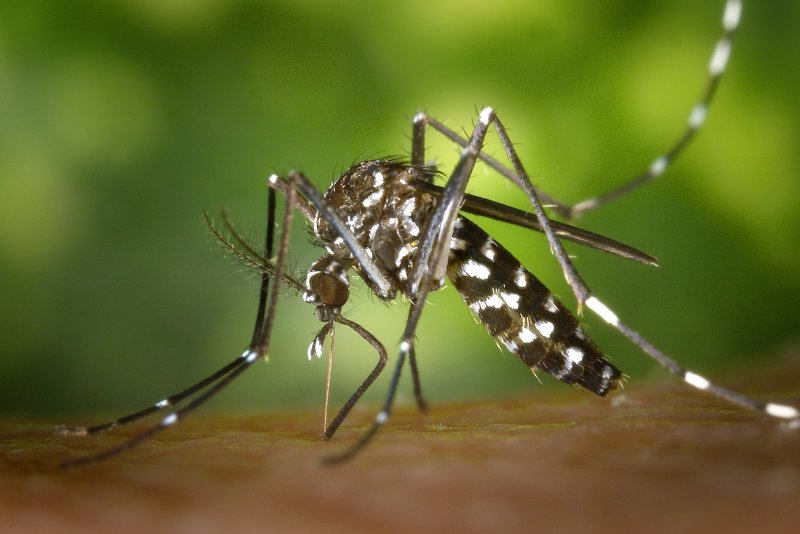Health officials in the Florida Keys have issued a warning following the confirmation of two locally acquired cases of dengue fever. This local alert comes on the heels of a health advisory from the Centers for Disease Control and Prevention (CDC), highlighting an increased risk of dengue infections nationwide.

Local Outbreak Prompts Immediate Action
The recent dengue cases in the Keys were not linked to travel, indicating local transmission. This pattern has also been observed in Miami-Dade County, which reported its own locally acquired cases earlier this year. According to health protocols, the confirmation of two cases in a region triggers the issuance of an alert to ensure prompt public awareness and preventive action.
Recognizing the Symptoms of Dengue Fever
Dengue fever, a mosquito-borne illness, presents with a range of symptoms. Common indicators include fever accompanied by headache, eye pain, muscle, joint, or bone pain, rash, nausea, vomiting, or unusual bleeding from the nose or gums. In severe cases, dengue can lead to shock, internal bleeding, and potentially death.
Healthcare professionals advise that anyone exhibiting these symptoms seek medical attention immediately. Early diagnosis and management are crucial in preventing severe complications and ensuring effective treatment.
Preventive Measures to Curb the Spread
To mitigate the risk of further dengue transmission, health officials recommend several preventive measures:
- Drain Standing Water: Eliminate water from garbage cans, house gutters, buckets, pool covers, coolers, toys, flower pots, and other containers where rainwater can collect.
- Dispose of Unused Items: Get rid of old tires, drums, bottles, cans, pots and pans, broken appliances, and other unused items that can hold water.
- Maintain Clean Water Sources: Empty and clean birdbaths and pet water bowls at least once or twice a week to prevent mosquito breeding.
- Protect Vehicles and Boats: Use tarps to cover boats and vehicles in a way that prevents water accumulation.
- Maintain Swimming Pools: Keep swimming pools in good condition and properly chlorinated. Empty plastic swimming pools when not in use.
These measures are designed to reduce mosquito breeding grounds, thereby decreasing the chances of mosquito-borne infections like dengue fever. Public cooperation is vital in implementing these recommendations to control the spread of the disease.

As health officials work to manage the current dengue situation, the community’s vigilance and proactive measures play a critical role. By following the recommended guidelines, residents can help protect themselves and their neighbors from this potentially severe illness.
